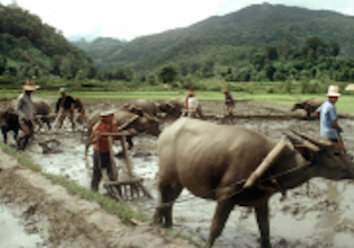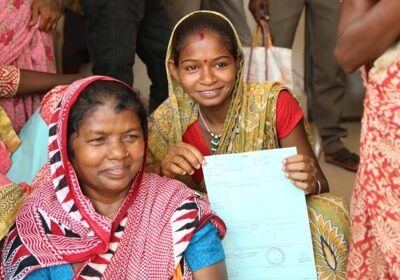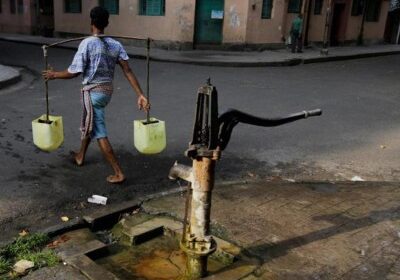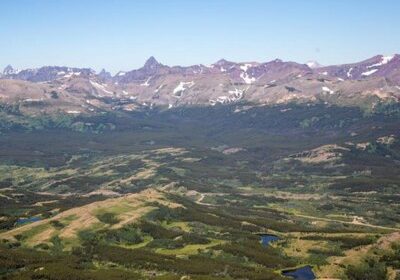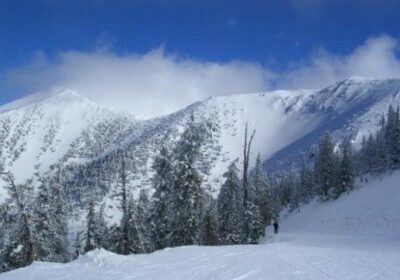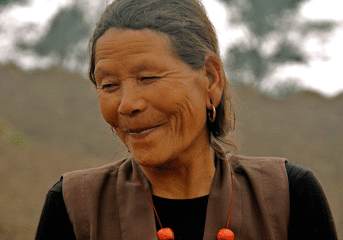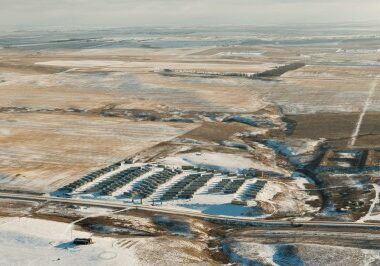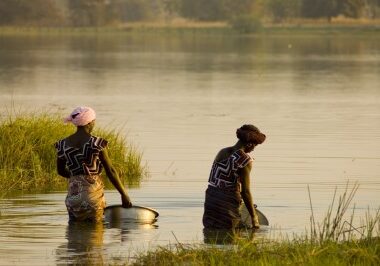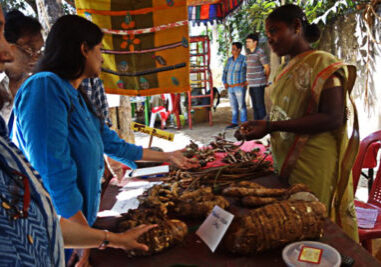- All
- Updates
- WEA Voices
- In the News
UN Launches New Forest and Water Program
The United Nations Food and Agriculture Organization has launched a new program focusing on the crucial role forests play in our fresh water supply. Because so many of the world’s forests rest in mountainous areas, it is crucial that the people of these areas are included in any and all processes of forest protection going…
Supporting Landless Women Farmers in India
Tina Rosenberg, in her article Letting (Some of) India’s Women Own Land, addresses how little land is owned by women in India even though more than three-quarters of Indian women live as farmers.”Without [land] title,” Rosenberg, a Pulitzer Prize award winning author, says, “female farmers acting on their own don’t have access to credit, subsidies, government…
India has the Most People Without Clean Water
Water Aid, the international charity, released a report this week titled, “Water: At What Cost? The State of the World’s Water in 2016” revealing that 75.8 million of India’s 1.25 billion people (5%) lack access to safe and affordable water. Poor Indians without water access are forced to spend an average of about 72 cents to…
Government Cancels Oil Lease near Blackfeet Reservation
The Bureau of Land Management has made a final decision to cancel a 30 year old gas exploration lease held by a Louisiana oil company on a remote section of Lewis and Clark National Forest, since oil leasing is now banned there. The National Forest is also within the territories of the Blackfeet Reservation. To…
The Fight Over Arizona’s San Francisco Peaks
The San Francisco Peaks are a sacred to over a dozen native tribes in the southwest. They have also long been the hotbed of controversial views and court battles going back to 2000. The Arizona Snowbowl, a ski resort located on land managed by the forest service on the Peaks, entered into a partnership with…
A Glimpse at Women-Led Movements
Dayamani Barla, the Indian journalist who led an extraordinary movement in an effort to stop ArcelorMittal, the world’s largest steel company from displacing thousands of indigenous people in Jharkhand. She discusses her views on development and explains them from an indigenous world-view: “We want development, but not at our cost. We want development of our…
The Aftermath of Booming Oil and Fracking Industries: Acknowledging The Impacts on Women and Indigenous Groups.
By some accounts, the oil boom in the Bakken region of North Dakota is slowing. According to this article in The New York Times, “as oil prices have skidded to $30 a barrel, new drilling has dried up here, and the flood of wealth and workers is ebbing.” The article goes on to describe the ways…
Lack of access to water and toilets has untold effects
According to UNICEF, about 157 million people in the Eastern and Southern Africa region (ESAR) do not have access to a clean and safe water distribution system, and therefore rely on external water sources. This is compounded by an additional lack of reliable and improved sanitation. Additionally, as WEA has seen in our own work in communities in Sub-Saharan…
Starting the Year Off With the Malnad Mela
At the end of January 2016, WEA’s Planting Seeds of Resilience Project partner Vanastree organized their 9th Malnad Mela. The Mela — featured in the Times of India — provides an opportunity for Sirsi women to showcase their seeds, soil, tubers, cotton, clothing, and food, increasing their recognition, honoring their knowledge, and providing and opportunity to learn more. At this year’s…
Biodiversity’s Impact on Women
For many women, biodiversity is the cornerstone of their work, their belief systems and their basic survival. Apart from the ecological services that biodiversity provides, there is the collection and use of natural resources. For indigenous and local communities in particular, direct links with the land are fundamental The United Nations Environmental Programme, has a…

